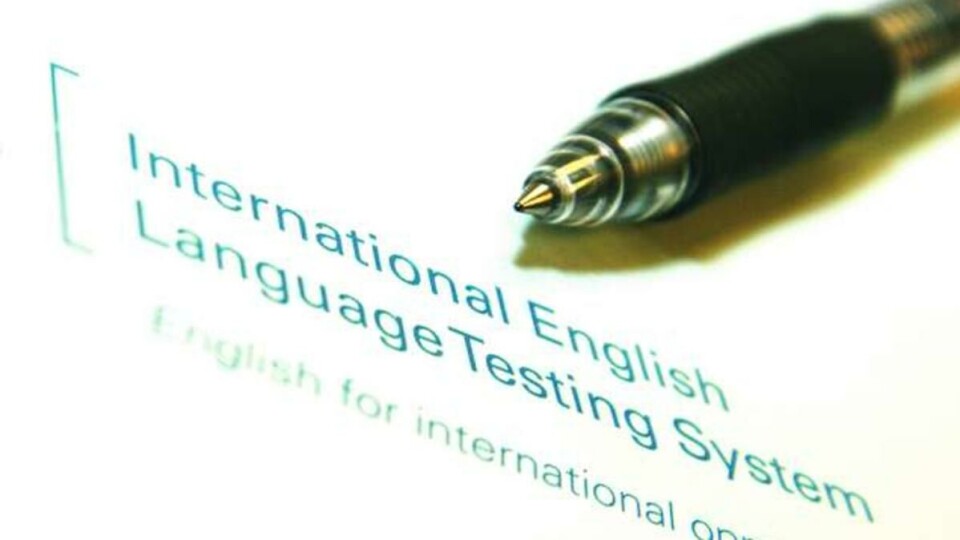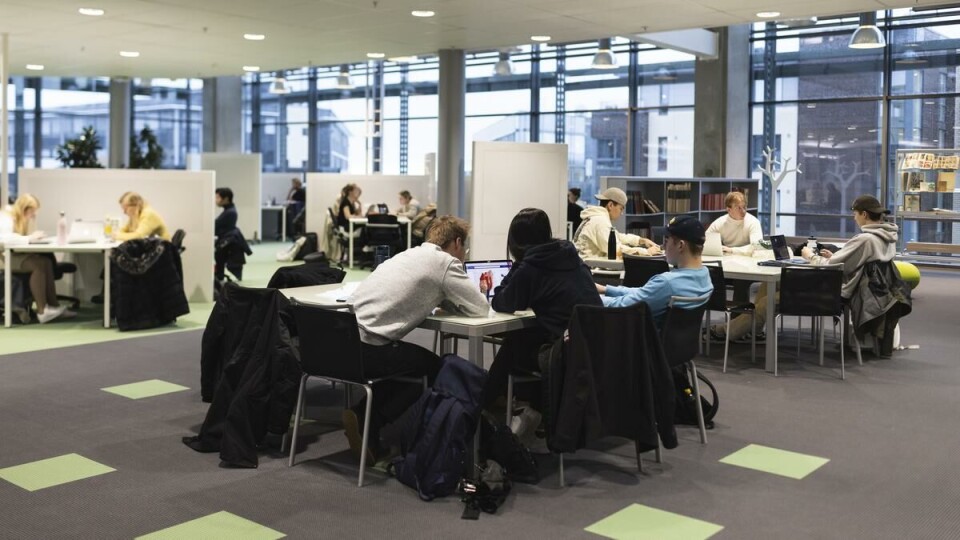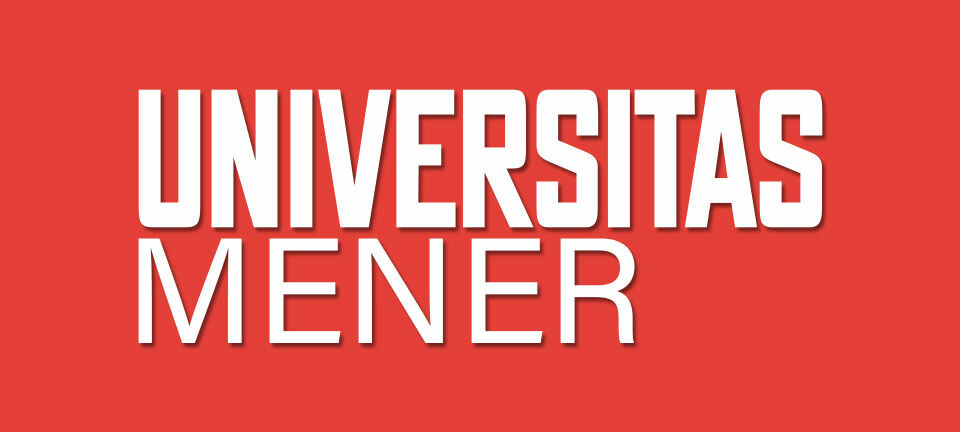
Norwegian Vs. English: Language Policy in Norway
New government promises to strengthen the role of Norwegian language in higher education. What about the international students?
In an interview with VG, the Minister of Higher Education in Jonas Gahr Støre’s government, Ola Borten Moe (Senterpartiet) raised concerns over the diminishing role of the Norwegian language in academia, and announced that the newly elected government will take steps to revert that process.
A similar sentiment has been expressed by the University of Oslo’s rector, Svein Stølen. Rector Stølen was a panelist in a Fremtiden for Norsk fagspråk i akademia (Future for the Norwegian professional language in academia) debate during a political festival Arendalsuka.
UiO’s rector stressed the importance of maintaining a balance between preserving Norwegian as a professional language and internationalisation. In April, Stortinget approved Norwegian's first Language Act (Språklova), aiming to strengthen the role of Norwegian in higher education.
Those recent developments in the discussion around the importance of Norwegian in higher education raise two important questions: are the concerns justified and what do the potential measures to strengthen the role of Norwegian mean for international students in Norway.

The data on the use of English in Norwegian academia undeniably supports the notion that English has a dominant role in higher education. In 2011, 15% of the published scientific articles at Norwegian academic institutions were written in Norwegian. In 2020 the number fell to 8%. In 2011, 72% of doctoral candidates were Norwegian citizens. In 2020 Norwegians represented 60 % of doctoral students.
The number of academic courses offered in Norwegian lowered as well. For natural sciences, there was a 26% drop from 2011 to 2020. As of October 2021, 45% of Master theses submitted in the Norwegian institutions are written in English.
There are valid arguments for the need to support Norwegian as an academic language. There is no denying that all Norwegian students should have sufficient access to higher education, and the lack of fluency in English should not significantly limit their choices. It is important to recognise that the ability to use English in an academic setting is not the same as conversational English comprehension.
A requirement to follow lectures, read academic papers, write assignments and exam answers in a foreign language is undoubtedly challenging and can have a negative impact on the quality of one’s academic scores. At the same time, one must critically evaluate whether the internalisation of Norwegian higher education truly is of major importance to Norwegian students.
According to the 2021 English Proficiency Index, Norway is the 5th best country in the world when it comes to English comprehension. The high English proficiency amongst Norwegians suggests that, contrary to the claims of the new government, very few Norwegian students are at risk of having their academic choices limited.

When discussing the academic language policy, the impact on foreign students in Norway cannot be ignored. According to the last available data, in 2016 international students constituted 15% of the total number of students at the University of Oslo and 32% of Ph.D. candidates.
Currently, UiO offers 81 study programmes in English, 73 of which are on a Master level. Norwegian academic institutions unmistakably benefit from their international status. It is the high level of academic articles published in international scientific journals, the ability to offer courses taught by internationally recognised researchers, and receiving applications from students from world-class universities that give the Norwegian academic institutions the prestige they want.
The internalisation of the academic environment brings about significant benefits. International students offer new perspectives on the established research, especially when the topics discussed in lectures and seminars concern their countries of origin. Academics from Norway, regardless of their high level of knowledge and expertise, cannot have an all-encompassing understanding of events in Afghanistan, the United States, Scotland, Belarus, Colombia, or Poland, etc.
The importance of the insights of people who were born in the countries studied cannot be overestimated. The international academic community already suffers from western bias. Adopting a policy that effectively limits the academic offer for international students and discourages them from attending Norwegian universities appears to be counterproductive.

There is a clear trade-off in strengthening the role of Norwegian in higher education. The increase in the percentage of courses offered solely in Norwegian will most likely come with a cost of limiting the academic opportunities for international students. The new government cannot, or should not, overlook the possible negative impact of the policy on the international status of Norwegian academic institutions. Whether the Norwegian government will be willing to take that risk remains to be seen.
































